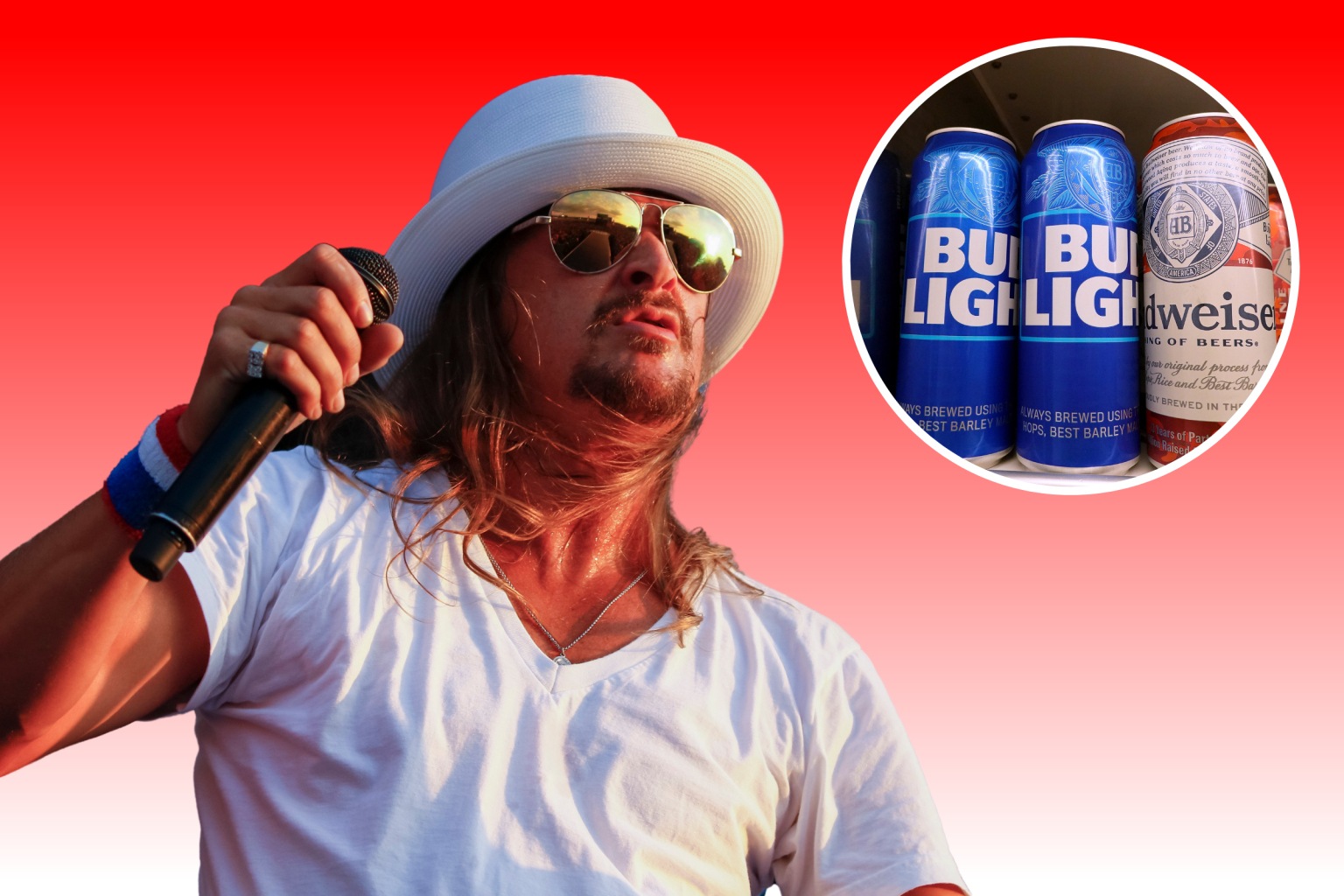Kid Rock received backlash for his initial boycott of Bud Light due to their partnership with transgender influencer Dylan Mulvaney. He and other conservative celebrities were outraged by the company sending Mulvaney a personalized crate of beer to celebrate her journey as a transgender woman. Kid Rock’s response was to shoot a crate of Bud Light with an assault rifle and declare “F*** Bud Light,” vowing not to sell the brand at his Honky Tonk steakhouse in Nashville. This led to significant financial losses for Bud Light’s parent company, Anheuser-Busch InBev, but Kid Rock’s stance seemed to soften over time.
During an appearance on Fox News’ Ingraham Angle, Kid Rock defended Bud Light, stating that there are bigger concerns to focus on, such as the conservative boycott of Planet Fitness over its inclusion policy for transgender individuals. He expressed reluctance to participate in cancel culture and boycotts, as they can harm working-class people employed by the targeted companies. Kid Rock mentioned other brands he had boycotted in the past, emphasizing that he does not want to harm people’s livelihoods.
In a separate interview with Fox News host Sean Hannity, Kid Rock reiterated his aversion to boycotts and cancel culture, acknowledging that he had resumed drinking Bud Light despite his previous protest against the brand. He mentioned that people he knows work for the company and emphasized the negative impact boycotts can have on their jobs and reputation. Despite criticism from fans for drinking Bud Light at a Colt Ford show, Kid Rock maintained his stance on not wanting to participate in actions that could harm individuals’ employment.
Kid Rock’s evolving perspective on Bud Light highlights the complexities of navigating societal and political controversies in mainstream media. While he initially took a strong stance against the brand’s partnership with a transgender influencer, he later seemed to soften his position and expressed a reluctance to participate in boycotts that could negatively affect people’s livelihoods. Kid Rock’s interviews with various media outlets demonstrate the challenges of reconciling personal beliefs and values with broader social and cultural issues. Ultimately, his journey reflects the ongoing debate around cancel culture and the importance of considering the impact of advocacy on individuals and communities.


